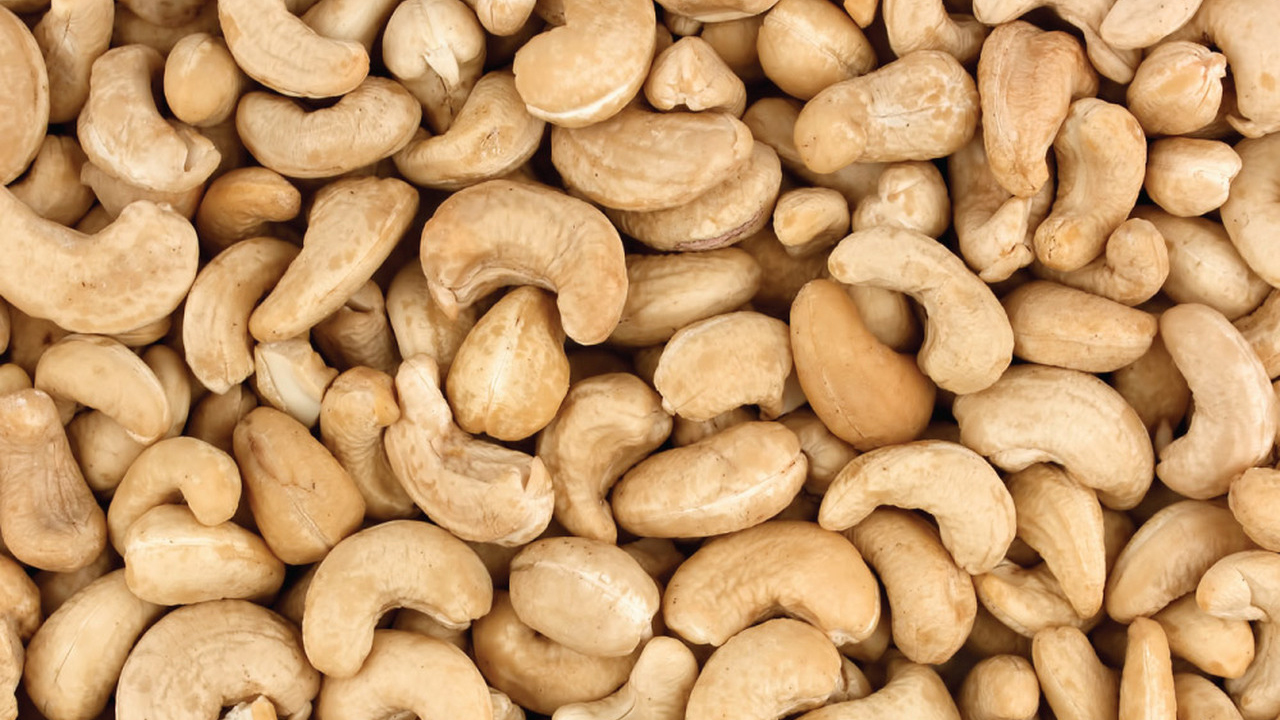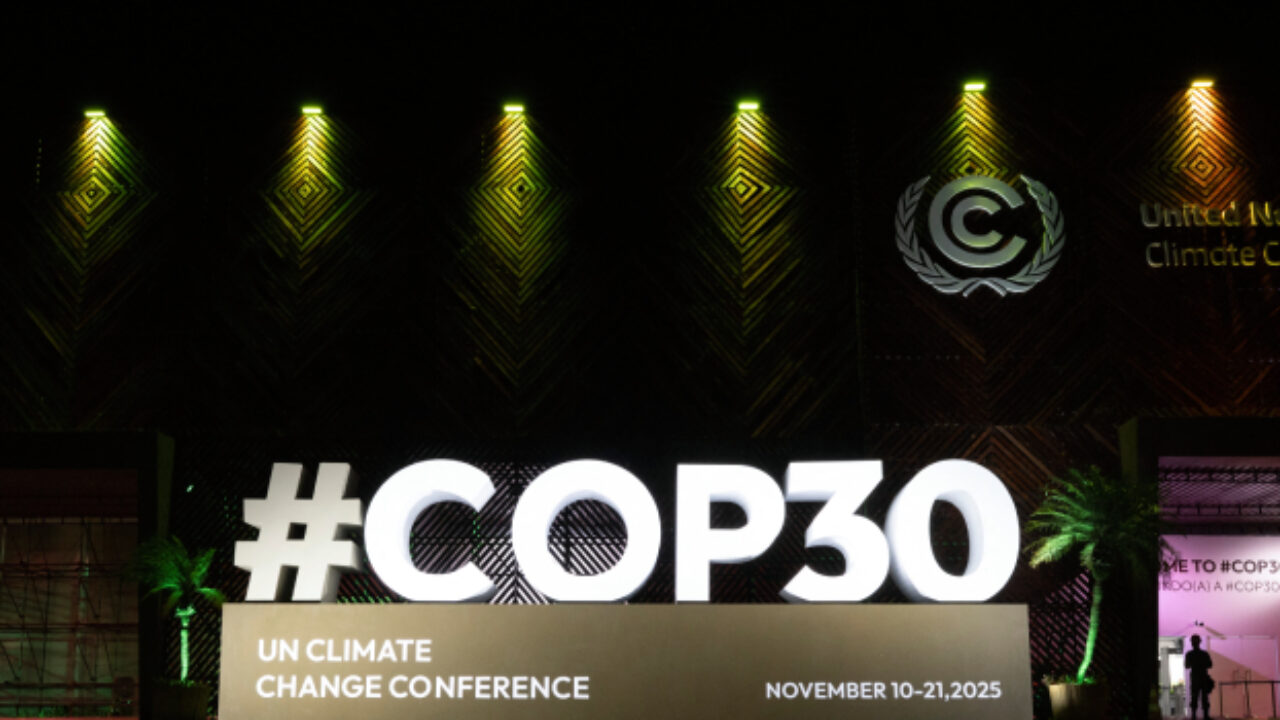
Mrs Abir Lemseffer is the Director General of the Initiative for the Adaptation of African Agriculture to Climate Change (AAA). The AAA was a launched upstream of COP22 organised in Morocco, the initiative for the Adaptation of African Agriculture (AAA) aims to reduce the vulnerability of Africa and its agriculture to climate change. According to its website; It promotes and fosters the implementation of specific projects to improve soil management, agricultural water control, climate risk management and capacity building & funding solutions.
The initiative is an important response not only to climate change but also to food insecurity.Its objective is to place the Adaptation of African Agriculture at the heart of climate debates and negotiations and to attract a substantial share of climate funds. As for the solutions, it also aims to contribute to the roll-out of specific agricultural projects. The Adaptation of African Agriculture was identified as one of the priorities of the Moroccan presidency for COP22. To date, the initiative is actively supported by 33 African countries, the UNFCCC, and the FAO.
At the just-concluded 2nd Ministerial Conference of the Adaptation of African Agriculture to Climate Change; held at the Mohammed VI Polytechnic University in Benguerir, Morocco. The first day was devoted to the Scientific Day led by the Scientific Committee of the AAA Initiative. The second day was the Donors Roundtable where ways of mobilising the necessary funds for the identification and implementation of agricultural projects were discussed.
Mrs Abir Lemseffer spoke exclusively to Dolapo Aina. Excerpts:
What is the AAA (Adaptation of African Agriculture Initiative all about)?
The AAA (Adaptation of African Agriculture) initiative is an initiative for Africa and Africans from Africa. It was launched during the Unites Nations’ COP22 when COP22 was held in Morocco in November 2016. It is adopted by the African Union as being the voice of the adaptation of the African agriculture. Just a brief background. When Morocco was hosting the COP22, our first thinking was doing something for the Continent; taking into account, the state of agriculture on the Continent.
When you talk about agriculture on the Continent, you are talking about more than half of the employment (in some countries); for some it is more than thirty percent of the Gross Domestic Product etc. And what we have noticed is that since the COP21 in France brought about the Paris Agreement, it brought with it a very huge expectation and hope about climate finance and about what climate finance can bring to aid countries.
When we saw the finance, we saw that only five per cent of the climate funds go to the African Continent. Why? Because agriculture was seen then as a threat. It was labelled as the cause of climate change and not as a solution. So, our basic idea is first to put agriculture at the front burner and to advocate. And we have two principal missions: advocacy and projects. The mission of advocacy is to open the door of the climate community because the climate community was closed to the agriculture sector because the climate community world preferred to talk about renewable energy, electrification etc.
That is good but the thing is agriculture was never a part of the solution. The continent’s agriculture is very much affected by climate change. And since then, one of the achievements is that for the first time, in the history of COP, agriculture was mentioned as being a part of the solution. Since then and after COP22 and from COP23, we had the committee which was dedicated to agriculture and began talking about how agriculture can be a solution. Now, we have the global Committee for Adaptation which was created by the United Nations, World Bank and Bill Gates Foundation whose goal is to build a universal vision of adaptation.
Adaptation of African Agriculture was identified as being a key player if the landscape of adaptation all over the world. Also, on the climate fund, we have noticed some things e.g; the GCF (Global Climate Faculty) which receives all the funds that were promised in the Paris Agreement. They allocate a certain amount to each country (two million dollars) to make bankable projects ready but the issue is we have noticed that African countries, most times, don’t have the capacity building and people. And the people are not used to discussing with the funders since most funders have heavy processes.
We at (AAA) are already working in seven countries. We have concluded work in Mali, Cote D’Ivoire where we have built a climate investment plan which they can present for financing. We are working with four more countries which are Congo, Cameroun, Ghana and Burkina Faso. Also, we engage in capacity building but not necessarily the all gamut (not necessarily capacity building on agriculture techniques) because the private sector can do it. But from our end, we do capacity building for the directors in the ministries to have access to the funds and how to structure a strategy and how to use the right terminologies and how to do presentations.
To an earlier question, why did some in the climate change community place less focus on agriculture in the past?
I think that they had seen agriculture as a kind of danger and seen only as a carbon emission provider in the past. It appears to be a North vision. When you talk about big agriculture countries e.g. France, USA, Spain etc, the cattle industry is the cause of gas emission. But when you turn your focus to the African Continent, you have the cattle industry which is more of a method to breed cattle. The dynamics are completely different from the North side. And the thing is that the African Continent is already suffering from climate change. The case of Mozambique readily comes to mind when the country was affected by a devasting flood due to climate change.
Their corn/maize harvests were completely erased. So, they are in need to develop climate smart agriculture methods cum approaches, so that they can mange the impact of climate change on food security because it is all about food security. Also, for Adaptation of African Agriculture, it is an avenue to advocate that when you talk about adaptation to climate change, you are not only talking about reducing productivity or gambling with food security.
Basically put, you can have food security, we can have high productivity with respect to the environment. Now, we have several techniques globally that have proven that. Also, AAA has been based on a sloid scientific platform with several centres globally which are all contributing and each time we are working with a country, we have experts from all over the world. We try to find the techniques within each country which best suits its climate change challenges.
How do you propose the Adaptation of African Agriculture can address the dangers to Africa’s Continental Security as a result of climate change?
As you may know, it is proven that all migration streams are completely linked to climate change and food security, people leave areas because the cattle do not have anything to eat anymore because of drought and also water scarcity etc. A recent speech by the President of the European Union, President Juncker; he made mention of Africa and the European Union’s vision for the development of Africa and he said quite clearly that migration is quite a very high stake in Europe and the European Union is thinking of how to invest funds in the agriculture sector and in the adaptation of all agriculture sector to climate change in order to keep the people in the country, on their land. And in line with AAA’s objectives, we are not tackling the adaptation subjects in a way to say that we are going to horde food security or the yields/harvests of the farmers; because they need food and they need a decent life.
We are trying to put into our approach that we have to keep all those priorities, for example, food security, how to secure income for farmers and adaptation to climate change, so that if they build a project, it can be a sustainable project that would bring them yields annually.
How would Adaptation of African Agriculture monitor progress towards sustainable food security in Africa?
This conference is our first ministerial conference after the launch. It is worthy to note that we made one in 2016 and it was in order to have the buy-in of all the African countries before the launch of COP22. Today, we have created our foundation. One thing which is very important to note is that this ministerial conference belongs to the governance committee of our foundation.
Every year, we would organise this meeting to get the buy-ins of the countries and to also set the tune for the political orientation of the year. Definitely, onwards, we would monitor the food security. And to be honest, the subject of food security is monitored by other players but we would monitor the climate fund going to the African Agriculture Sector. This is what we want to tackle. Just like the Malian Minister of agriculture said during the first day of the conference, ‘we are ready but sometimes the funders/investors have heavy and cumbersome processes and bureaucracies.’ Sometimes, they have different funds and process for different countries.
Now, we are engaging the funders/investors to find innovative ways/innovative project re-engineering, so that they can create regional funding, so that when you bring a project of adaptation to climate change, you can have funding. In a nutshell, what the AAA wants is to monitor, that is more of what is linked to the adaptation of the African Agriculture and we are working with everyone. During the conference, we signed four MOUs and two were signed with FAO where we have collaborated not to repeat the same studies (e.g. calling other experts to carry out research on what already has been done etc.)
Your role as the Director General of Adaptation of African Agriculture must be tasking. How challenging has it been?
I have a very strong belief, so I don’t think it has been difficult. I have a very strong belief that AAA can build tremendous things for this Continent and that is all about men and women. We have been working with countries on the African Continent and you find tremendous people that have the will and zeal to tackle the subject of climate change. So, yes, it is a bit challenging to do this matchmaking. It is a challenging to do the advocacy.
Also, it is difficult to convince people on the African Continent when officials have to also engage in advocacy intertwined with political balancing in their different countries. On the Continent, climate change is tackled at different levels. For instance, you can find countries where you have specifics advisers to the Heads of State, who are advocates of climate change. And this makes our job AAA easier. Also, you can have in other countries where climate change is in another ministry and the efficiency and promptness, we need are not what we envision. This is the kind of challenge we face.






